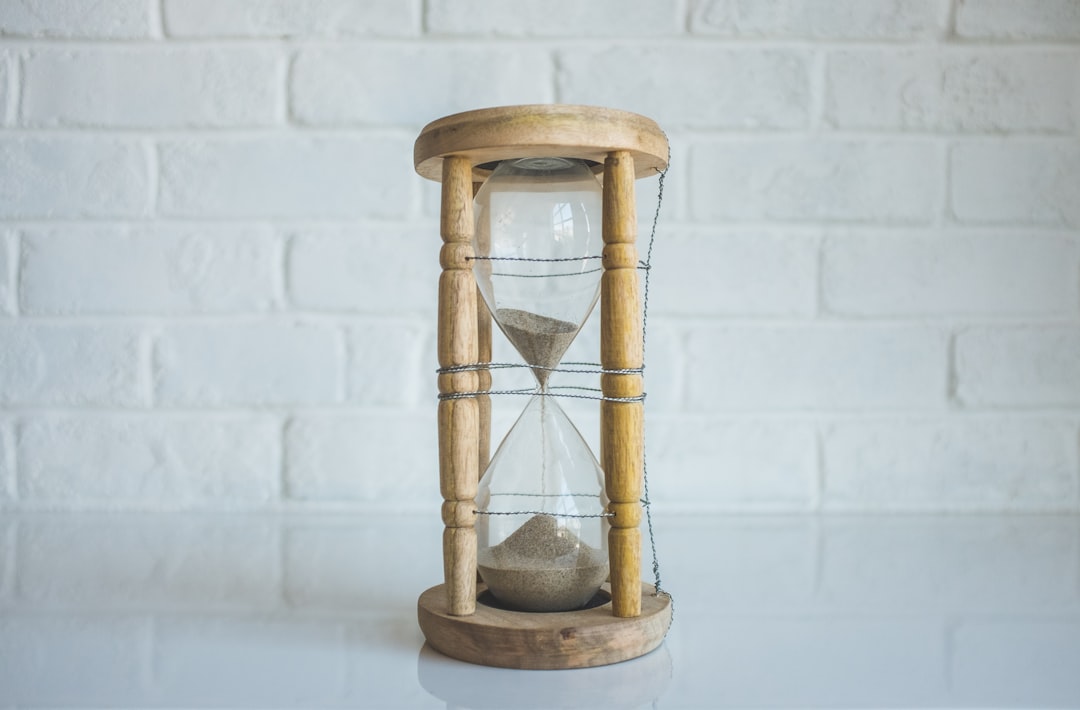Do I Have Time for This?
Meditations on wellness time, domestic time, leisure time, and time well spent
I made notes towards this essay five minutes before my therapy appointment this morning, after spending an hour wondering if I’d spent too much time waking up/drinking coffee and calculating whether I had enough time to ride my little rented stationary bike for 20 minutes before said therapy appointment. I rented the bike to make myself more productive …



